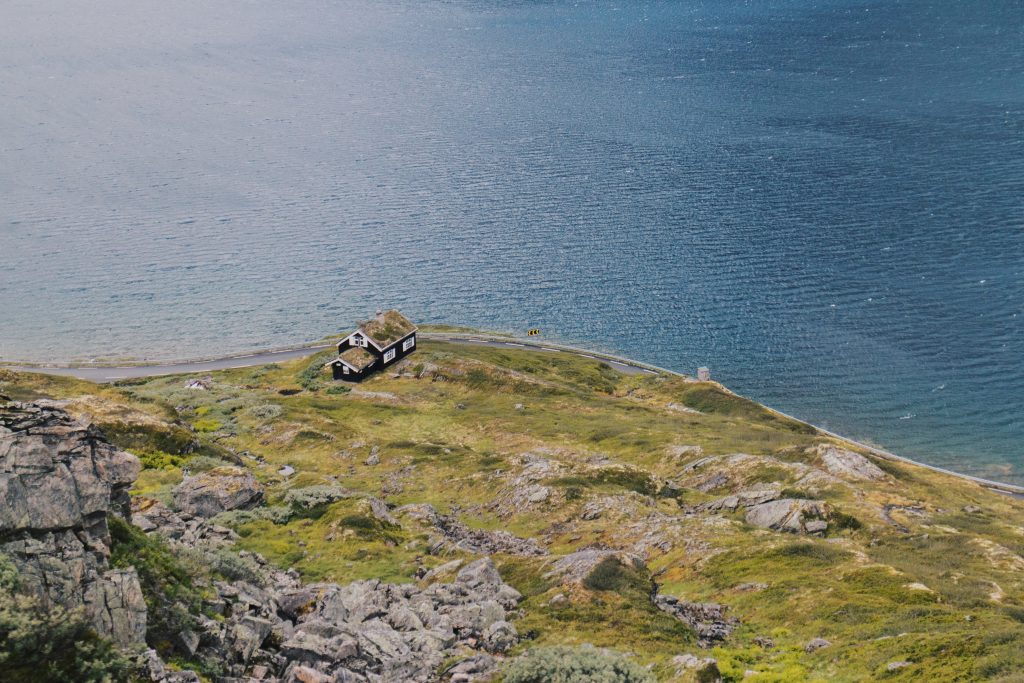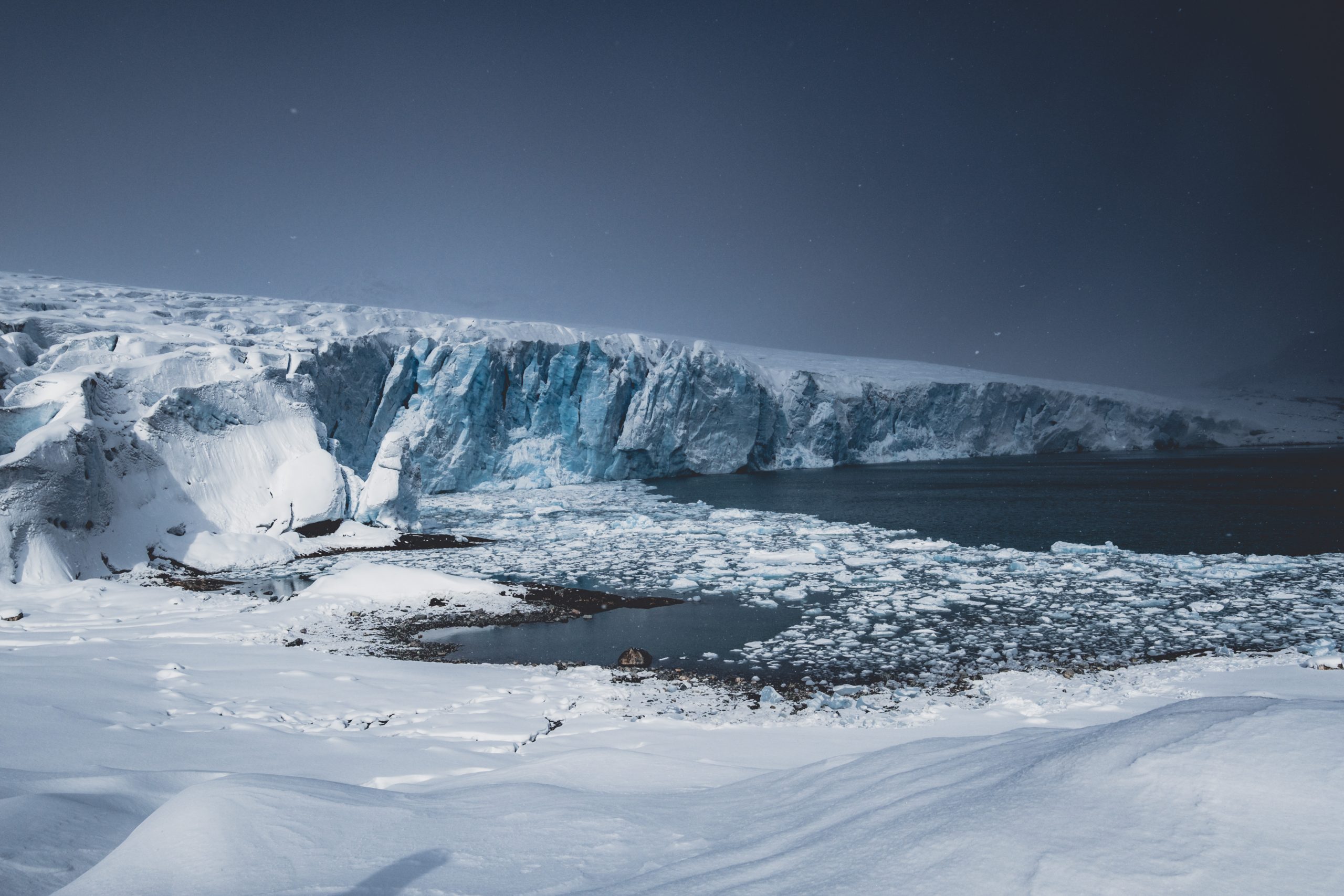Discover Norway, one of our favourite countries. We will take you on a journey across beautiful forests, huge mountain ranges, ancient fjords and majestic, blue glaciers.
Norway is a unique land, with wild wilderness to the West and Arctic North are full of mountain ranges, remote glaciers and the iconic fjords. With vibrant culture and life to the East and cosmopolitan South.
Landscape
Nature is a big part of life in Norway, even in the quaint villages and vibrant cosmopolitan cities. It’s one of the most beautiful countries in the world. With nature making up more than half of the country.
Endless natural fjords surround the mainland, and the mountainous terrain makes for boundless outdoor activities. Norway’s strict environmental policies make it one of the most eco-aware countries in the world.
Most of the 5 million inhabitants of Norway live in the South in cities such as Oslo. The North is mostly rugged wilderness, with indigenous lands belonging to the Sámi culture. The iconic fjords are a big part of the Norwegian experience.
Camping and hiking among the wilds offer some of the world’s best scenery. With raging waterfalls, mesmerising alpine lakes and snow-capped mountains.
Gastronomy
Norway’s abundance of natural resources has given the country a boost in agriculture. The climate is ideal for growing organic fruit and farming sheep and goats.
Norwegians have some very strange traditions when it comes to ways of the stomach. If you’re feeling up to the challenge, try traditional “lutefisk,” cod fermented in lye. Or “brunost,” a sweet, brown cheese served on a cute heart-shaped waffle.
Culture
Norway is a part of Scandinavia, along with Sweden and Denmark.
It has a fascinating history full of stories from Nordic legend. The ancient Viking culture is commemorated in museums around the country. The capital of Oslo houses a fully preserved 9th-century Viking ship.
Over half of the population of Sámi people live in Norway. Most of them are in the North and their deep connection to nature is paramount to their way of life. You can witness a part of this fascinating culture by camping in a traditional “lavvo” under the northern lights. And even get up close and personal with reindeer.
Know Before You Go
Be aware of the booze laws. You can’t buy alcohol after 8 pm on weekdays and 6 pm on Saturdays. The liquor laws are restrictive and people like it that way. Norwegians are branded some of the happiest people in the world, so they must be doing something right.
Norway is expensive, accommodation and eating out in restaurants every day can set you back a pretty penny. Buying a few things from the supermarket and cooking in your apartment is a lot cheaper than eating out. If you’re visiting in summer and want to enjoy the comfort of nature, the Camping Key Europe card can save you money. You can also grab a city tourism card, which gives you access to most of the popular attractions and free public transport.
Norway has a reliable and efficient transport system that connects you wherever you want to go. Plus, some overland train journeys like the Bergen line and Flåm railway are some of the most beautiful you will find across the globe. Oslo also has a city bike system, which is fabulous for whipping around the hot spots. Just download the app, pick up a bike up from one location and drop it at another.
Best Time To Visit
The peak season in Norway is from mid-July to mid-August. So the shoulder seasons in Spring (late May to early June) and autumn (August to early September) are the best times for great weather and fewer crowds. This is also the best time for a whirlwind road trip into Fjordland. When the weather is prime and the roads are accessible.
The ski resorts generally open as soon as the first snowfall around September. Through February and March are the most ideal for longer days and fresh snow dumps, especially for cross country skiing.
Heading to Norway to see the Northern lights? The best time is of course when it’s dark. So It’s impossible to spot them in summer when the sun doesn’t set in much of the country.
Winter means longer nights and darker skies across October to March. The darkest months are December and January, but they tend to see more rainfall and cloudy skies which are a detriment to Aurora spotting. So, October-November and February-March are your best bet.
What To Expect
Planning your dream trip to Norway? Here are a few tips to help you get started.
Currency – The official currency is the Norwegian Krone NOK
Language – The official language is Norwegian. Most residents speak fluent English, especially in the cities and tourist spots.
ATMs – ATM’s in Norway are known as “minibanks”. They are common in the cities, but it’s advisable to take cash if you’re heading to more rural areas.
Plugs & Sockets – Norway uses the Euro plug, or Type C style plug with 2 round pins. As well as the Type F plug with 2 round pins and 2 earth clips. The standard voltage is 220v and 50Hz frequency. US travellers will likely need an electricity transformer.
Safety – Norway is considered one of the safest places in the world and all crimes are low.
Climate – Almost half of Norway lies above the Arctic circle. So temperatures are generally in the colder regions and the weather can be drastically different depending on your location. Western Norway sees a marine climate with cool summers and mild winters. The East is more sheltered due to the mountains and has warmer summers but more rainy days.
In winter, the Sun sets as early as 3 pm in the Southern cities such as Oslo. But it maintains a constant “blue light” in the North, as the sun never truly rises. It may seem cold and grim in a Northern city like Tromsø, but it’s a great opportunity for the Northern Lights.
Summer in the South brings pleasant temperatures around 15-17 degrees Celsius. It’s much colder in the North and in winter because the sun never sets it’s a perpetually light (midnight sun).
Latest Norway Articles
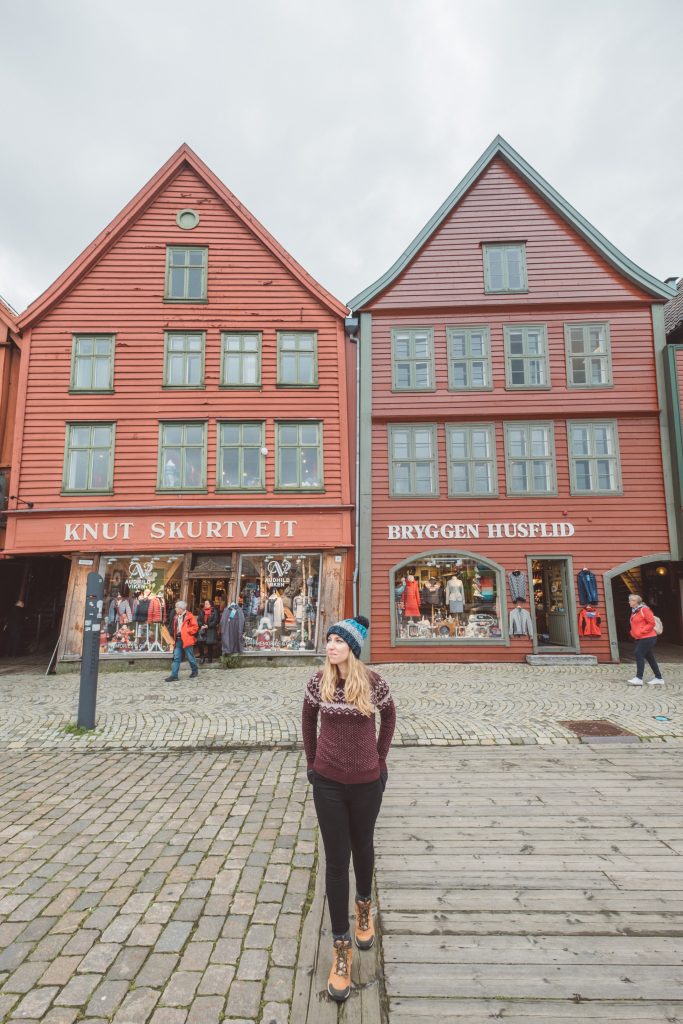
Things To Do In Bergen, Norway
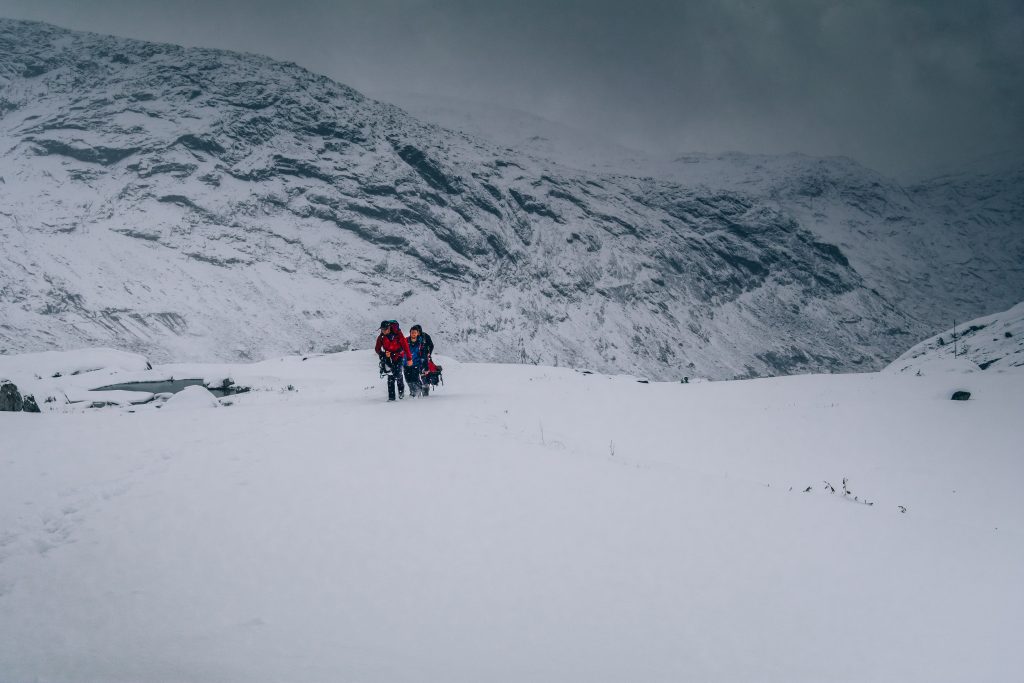
Things to do in Norway
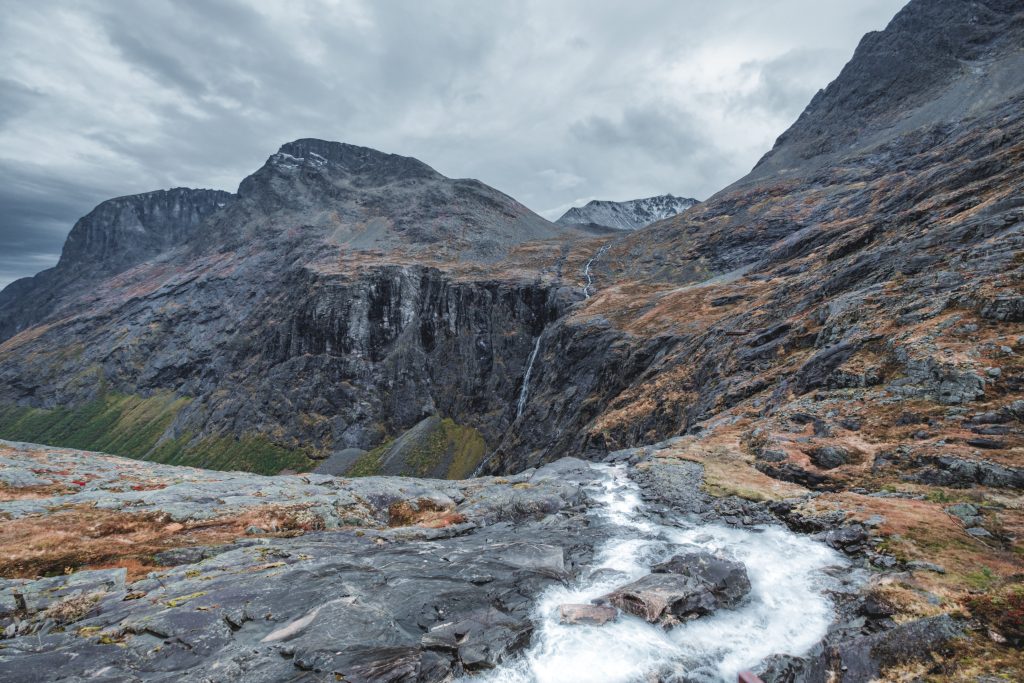
Norway Hiking Guide
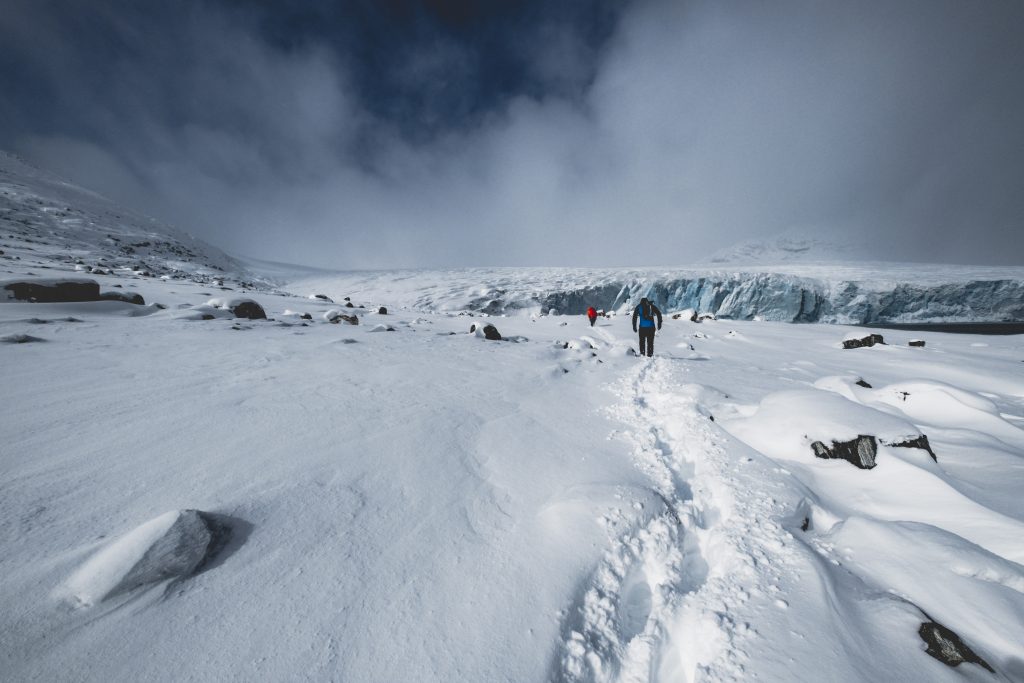
Best Time To Visit Norway
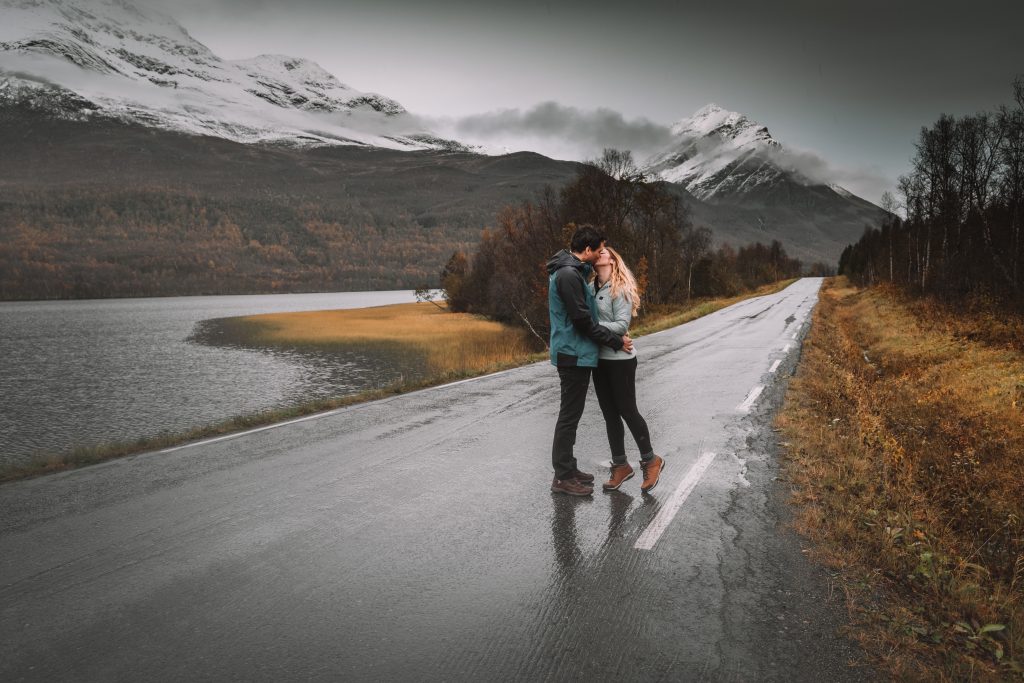
Things To Do In Tromso, Norway
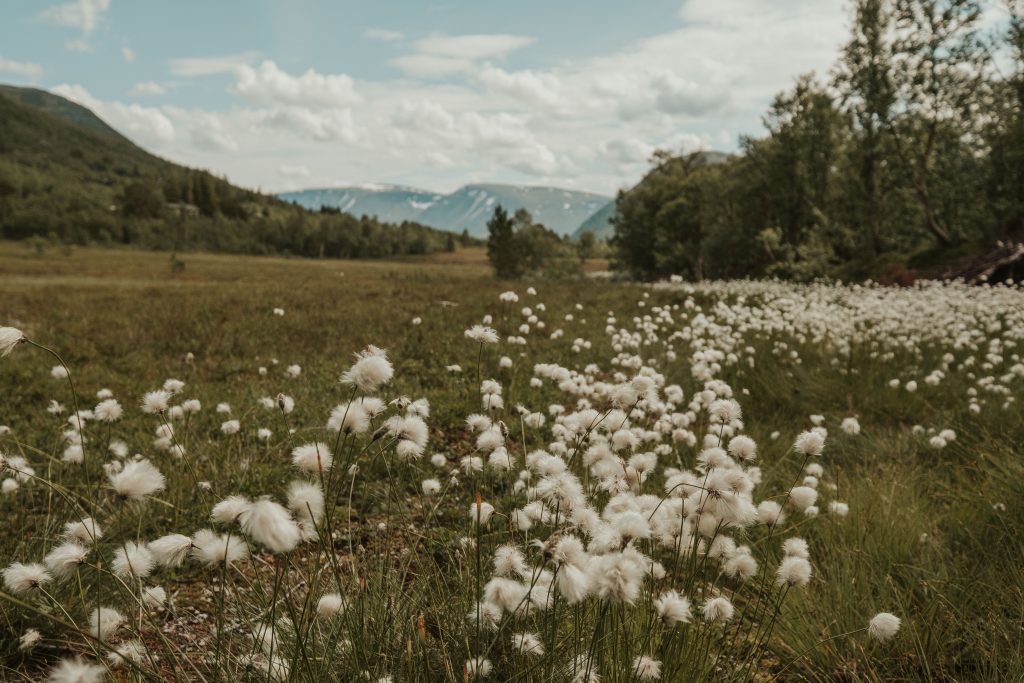
Souvenirs from Norway

Month long Scandinavia Itinerary
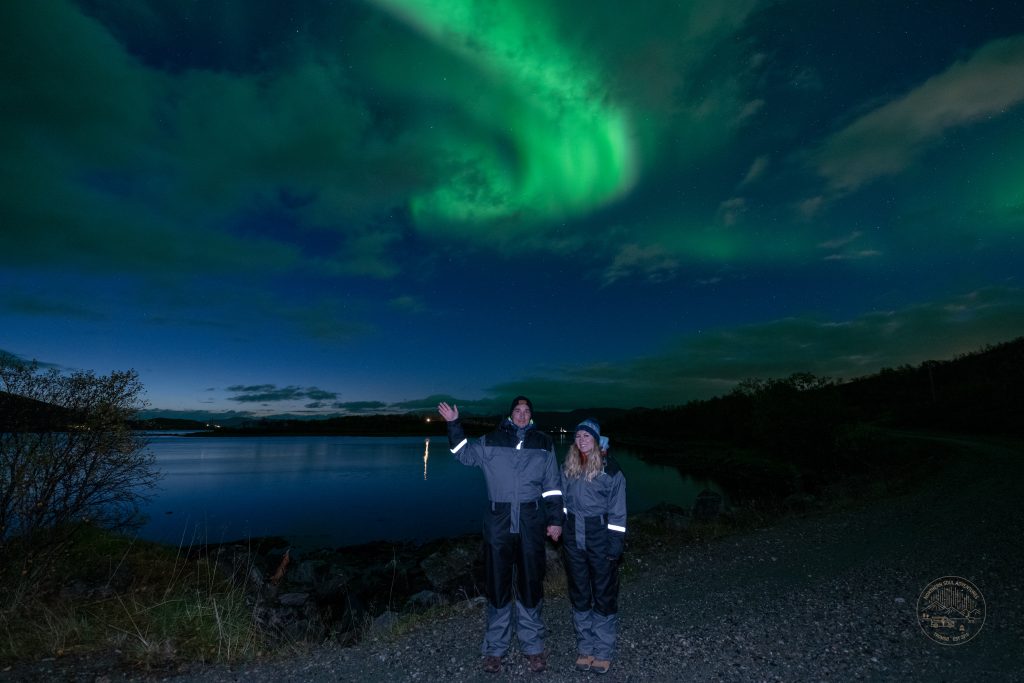
Guide to Northern Lights in Norway
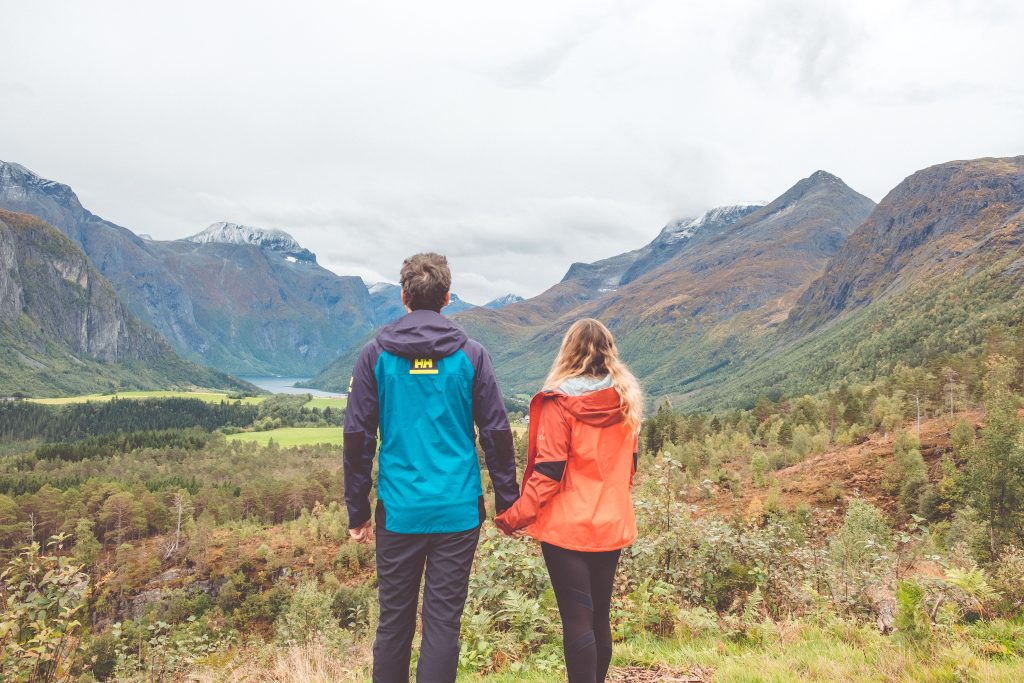
What to pack for Norway
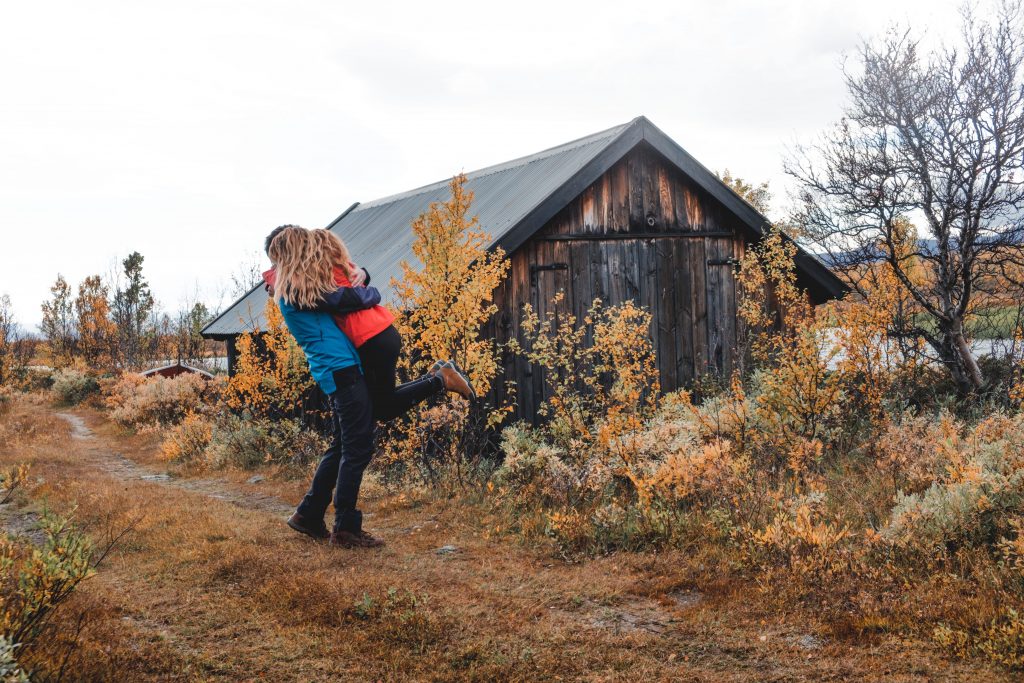
2 weeks Norway Itinerary
